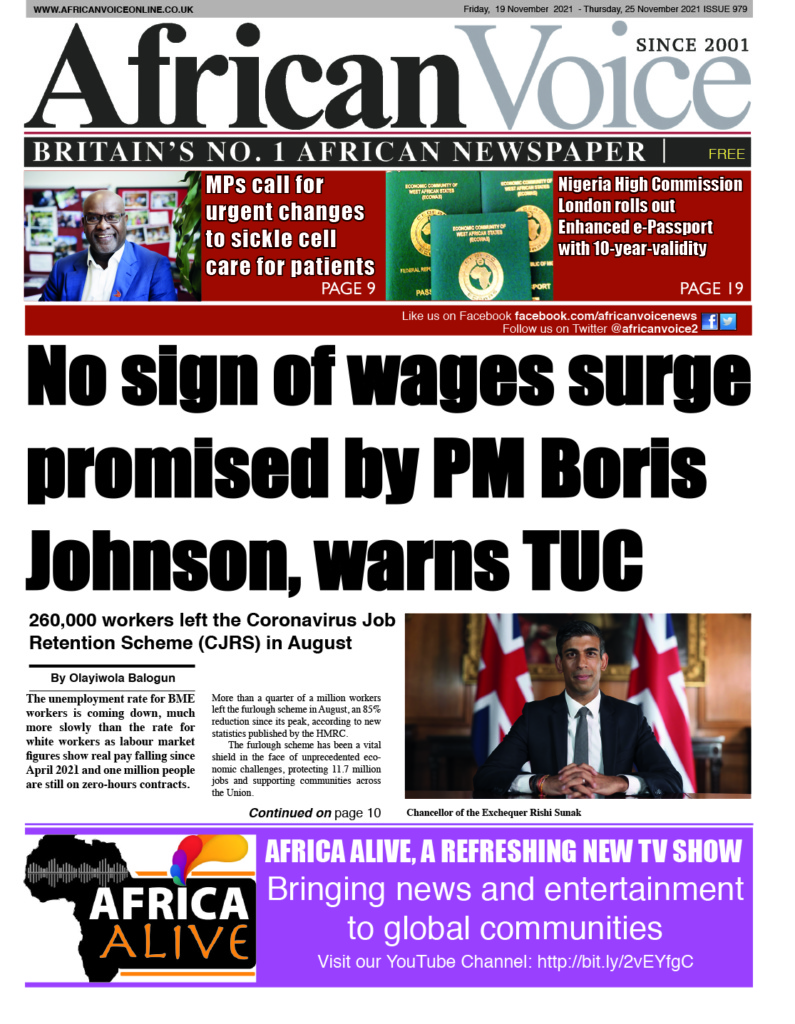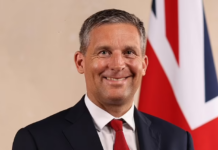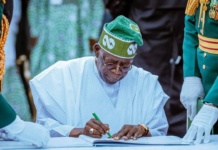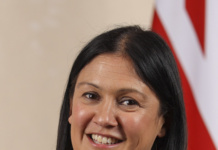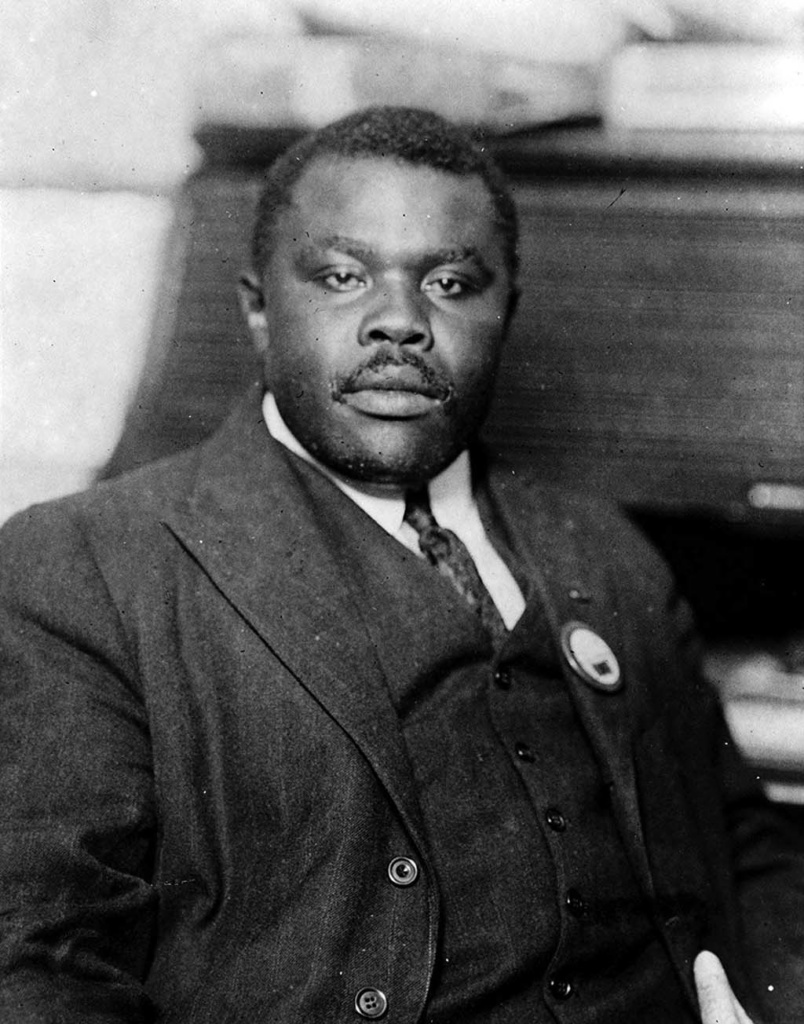
By Kwaku – This year marks the 100th anniversary of the 1921 Pan-African Congress, which took place in London, Brussels and Paris. It’s interesting that in 2015 there were several events that marked the 70th anniversary of the 1945 Pan-African Congress in Manchester. But sadly, that’s not the case of the first Congress in London.
However, we are determined that the centenary of the 1921 Congress should not pass unnoticed. On Monday November 22, I’ll be leading a BTWSC/African Histories Revisited Zoom meeting entitled Marking The Centenary Of 1921 Pan-African Congress In London.
This was the second Congress organised by the African-American historian and father of modern pan-Africanist Dr WEB Du Bois. Whilst the Colonial Office declined his invitation, there were in addition to attendees drawn from UK’s African community, attendees from the US, Jamaica, Grenada, Haiti, Martinique, Guadeloupe and several parts of Africa, including Nigeria, Gold Coast (Ghana), Abyssinia (Ethiopia), Liberia, Sierra Leone, and South Africa.
Whilst it was known at the 1919 Congress held in Paris that these meetings were to be biennial, looking through Du Bois’ voluminous papers held by the W. E. B. Du Bois Center at UMass Amherst, it seems like the New York-based Du Bois had just a few months to pull together the first leg of the 1921 Congress in London.
Mindful of organising the event remotely, in the days before today’s geo-irrelevant communication platforms such as email, Zoom or WhatsApp, Du Bois made an effort in reaching out to several individuals and organisations in London, who could either help with organising or attending the event.
Akthough Du Bois reached out to British mainstream, church and political organisations, he also worked with London-based African organisations. One being the African Progress Union (APU). Dr John Alcindor, who had recently taken over the Presidency of the APU from former Battersea Mayor John Archer, presided over the official opening of the London Sessions. And the APU’s Secretary Robert Broadhurst handled some of the leg work required in organising the Congress.
The London sessions took place at Methodist Central Hall in Westminster on August 27th and 29th. Initially Du Bois wanted the 28th, but the church venue was not available, on account of it being a Sunday. So he instead met representatives of the Labour Party. Du Bois and Archer presided over the second day’s meeting. The outcomes of this Congress includeDu Bois’ ‘Manifesto To the League Of Nations’.
The Manifesto spoke to the need for self-government within the European colonies, and that the International Bureau of Labour create a section focused on African labour requirements.
Echoing one of the articles in the 1920 Marcus Garvey-led UNIA (Universal Negro Improvement Association) Declaration of the Rights of the Negro Peoples of the World, the Manifesto also urged the League of Nations to pay particular to the mistreatment of all peoples of African heritage.
Over 90 years on, these sentiments underpin the League of Nations successor organisation, the United Nations’ 2011 International Year for People Of African Descent, 2015-24 International Decade for People Of African Descent, and the declaration this year of August 31 as International Day for People Of African Descent.
Kwaku is a historical musicologist and history consultant
www.AfricanHistoryPlus.eventbrite.com
Kindly follow us on twitter:@AfricanVoice2
